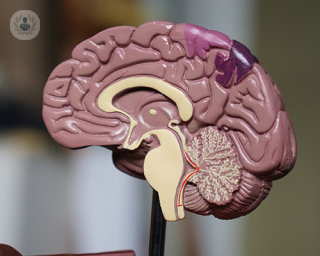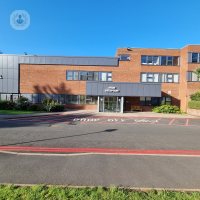Amnesia
What is amnesia?
Amnesia is a disease that is characterised by memory loss. Facts, information, and experiences can be forgotten, but generally people suffering from amnesia still know who they are. Amnesia can be temporary (transient global amnesia) or it can be permanent. Amnesia can result from damage to the brain through injury or illness. Dissociative amnesia, however, can result from emotional trauma or stress.

What are the symptoms of amnesia?
The main symptoms of amnesia are either difficulty learning new information (anterograde amnesia) or difficulty remembering past information and events (retrograde amnesia). People with amnesia may also have the following symptoms:
- Isolated memory loss
- False memories
- Confusion and/or disorientation
The main symptom of amnesia is the loss of access to memory. When the memory loss is more serious and extensive, it can lead to a deterioration in the interpersonal and work relationships of the person and antisocial behaviour.
What causes amnesia?
Memory requires many parts of the brain, and if any of these parts are damaged due to injury or disease, then memory can be affected. Such amnesia is known as neurological amnesia and can be caused by:
- Degenerative brain diseases (e.g. Alzheimer’s)
- Stroke
- Inflammation of the brain (due to infection, virus or cancer)
- Oxygen deprivation to the brain
- Brain tumours
- Seizures
- Certain sedative medication
- Alcohol abuse
- Head injuries (e.g. car accidents, sports injuries)
Dissociative amnesia is psychological and can result in a temporary loss of memory of personal identity. This can be caused by emotional stress or trauma.
Can amnesia be prevented?
Amnesia can be prevented in some cases by making certain lifestyle choices, such as:
- Wearing a helmet when cycling and a seatbelt when driving
- Avoid excessive alcohol consumption
- If you think you might be suffering from a stroke, seek immediate medical attention.
What is the treatment for amnesia?
In most cases, amnesia resolves without treatment. However, if an underlying physical or mental disorder is present, it should be treated if possible. Psychotherapy can be effective in some patients and hypnosis is a way of remembering certain episodes that have been forgotten. Family support is very important to help the patient improve. Working with an occupational therapist helps you acquire new information to replace lost memories or to acquire new information.





